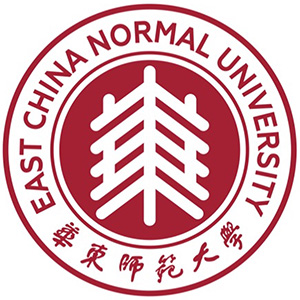报告人简介
Toshiyuki Yokoi received a Ph.D.in 2004 from Yokohama National University under the supervision of Prof. Takashi Tatsumi. Soon afterwards, he worked as an assistant professor of Prof. Tatsuya Okubo, The university of Tokyo, from 2004 to 2006. He returned to the Tatsumi’s group in Catalytic Chemistry Division, Chemical Resources Laboratory, Tokyo Institute of Technology as an assistant professor in 2006. In 2017, he was a research unit leader of “Nanospace Catalysis” Research Unit, Institute of Innovative Research, Tokyo Institute of Technology. This unit focuses on nanospace materials such as zeolite and mesoporous materials, and aims to create nanospace catalyst that can make efficient use of diverse carbon resources, contributing to the development of green productions of chemical feedstocks and value-added chemicals. He was Associate Professor at April 2018, and then promoted to be a full Professor at July 2024. Since October 2024, he is a full Professor, Nanospace Catalysis Research Unit, Institute of Integrated Research, Institute of Science Tokyo.
内容简介
Zeolites have widely been used as solid acid catalysts in the production of chemicals and fuels. The acidity of zeolite originates from the protons of the bridging OH groups between the framework Si and Al atoms. Since the control of environment of active sites in heterogeneous catalysts is one of the important factors for affecting the catalytic activity, the zeolites with framework Al distribution controlled have attracted much attention. We have developed several approaches to its control by means of different types of the organic-structure-directing-agents (OSDAs) , the starting materials and so on. Besides, metal-containing zeolites have received much attention because they have diverse catalytic functions such as hydrogenation, dehydrogenation, oxidation, and C-H activation. We have also succeeded in controlling the location of metal cations in zeolites. Thus, zeolites have been considered as a key material for achieving a Carbon Neutrality 2050. In this presentation, our recent achievements on the zeolite catalysis for activation of C1 molecules including CH3OH, CH4, and CO2 will be focused. The methanol to olefins reaction, methane to methanol, and hydrogenation of carbon dioxide to methanol will be introduced. In addition to a classical application of zeolite catalysts in petroleum processing, we have found that zeolite is an excellent catalyst for biomass conversion to produce value-added chemicals. Recently, we launch a project on valorization of disposal biomass based on advanced catalytic technology. I’m also involved in a start-up company, iPEACE223 Inc., which has been qualified as “Tokyo Tech Venture”. iPEACE223 stands for Innovative Process for Eliminating Anthropogenic CO2 Emission (IPEACE), and Catalytic conversion ethylene to propylene (ETP, two to three: 223). Our goal is to establish a novel ETP process to produce propylene and its derivatives from bioethanol via ethylene, contributing to the achievement of carbon neutrality.



